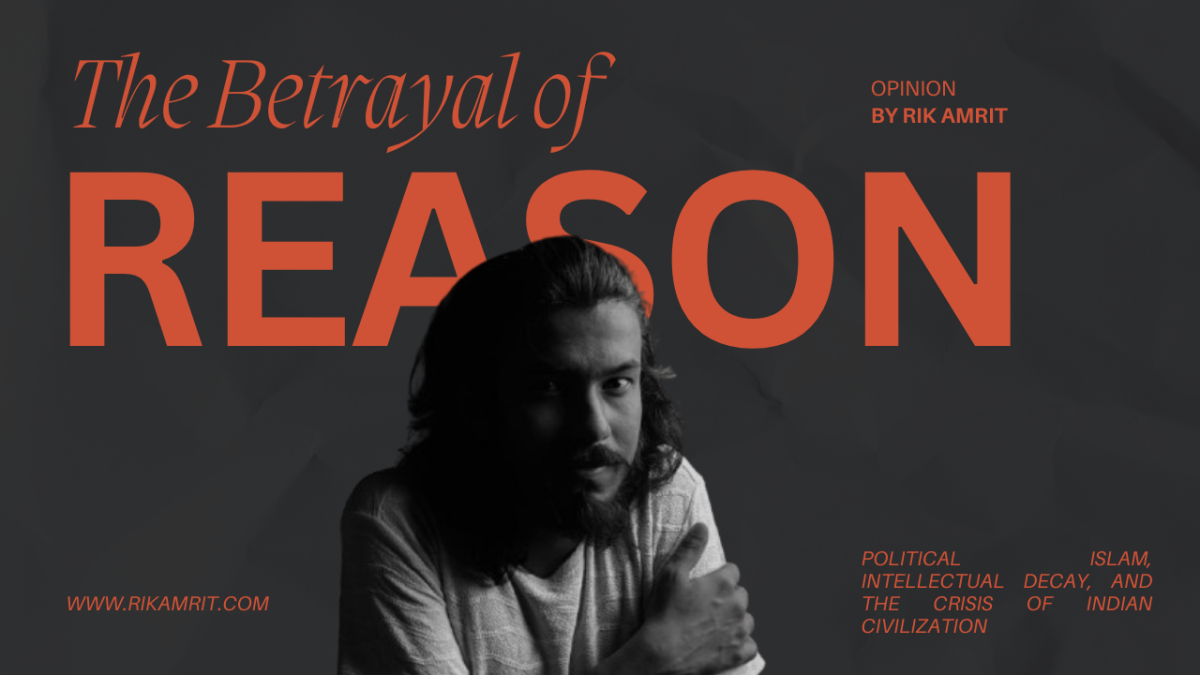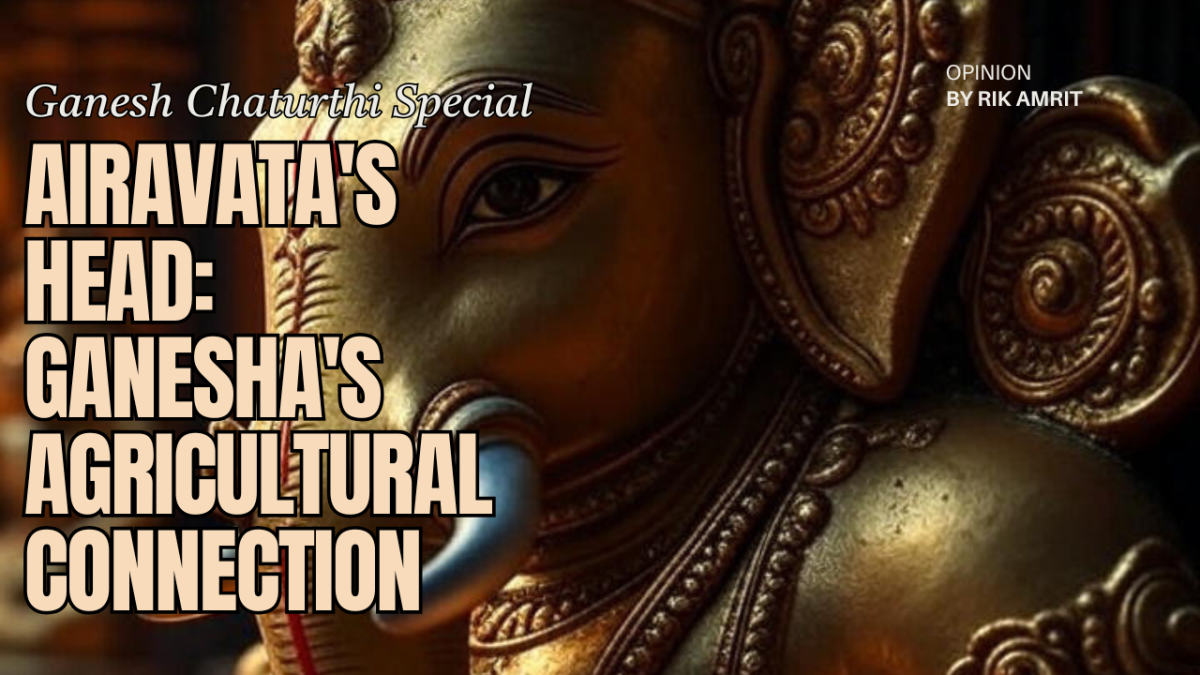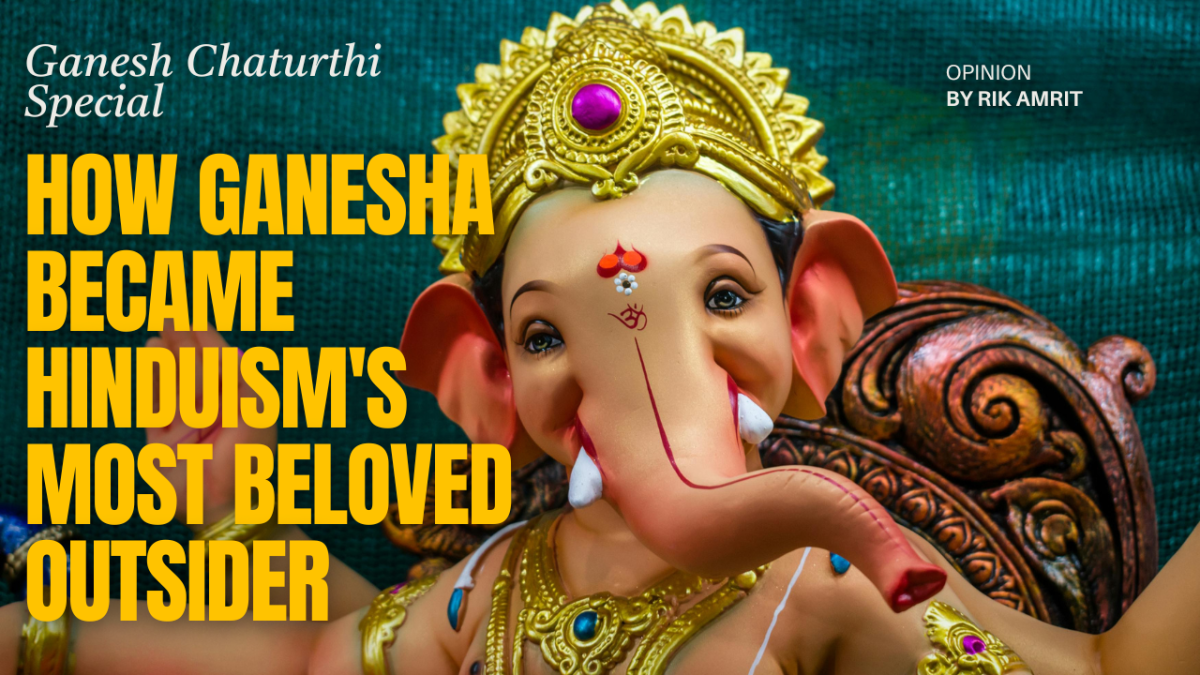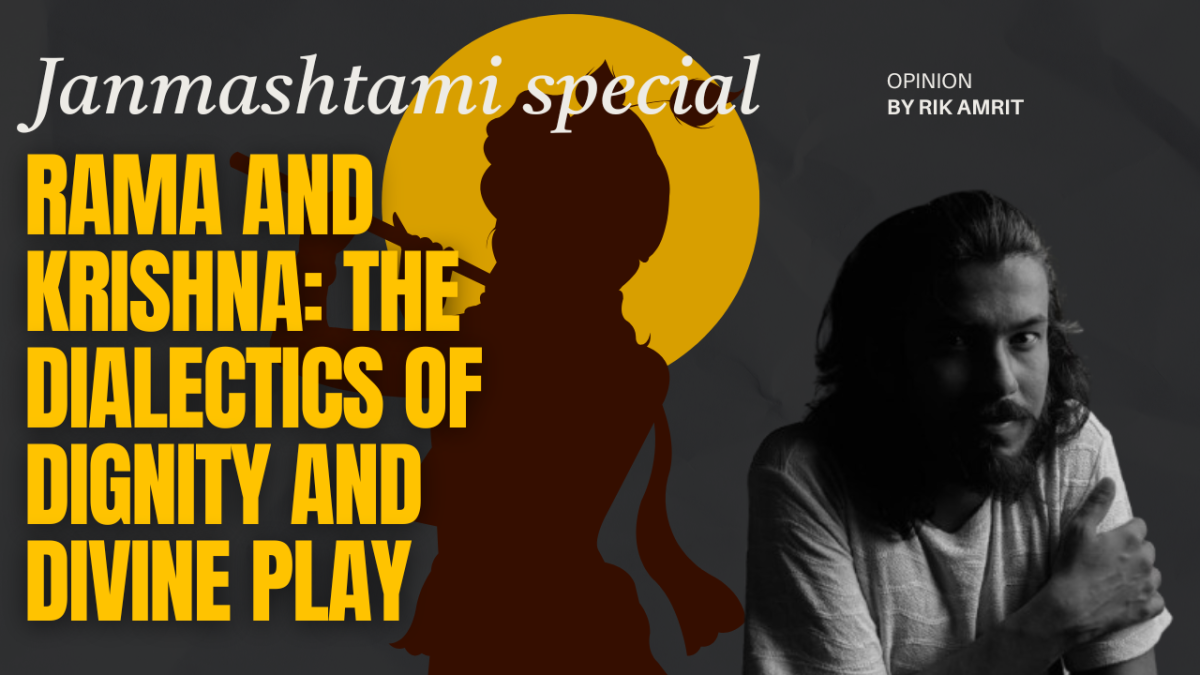Accept. Love. Not in the BJP’s version of Hindutva, but in the civilizational idea of Bhāratīyatā.
The Khilafat Movement and Its Legacy in Indian Politics
The Khilafat Movement marked the beginning of political Islam in India, representing early attempts to leverage Islamic fundamentalism. What we witness today is its consequence. While some may argue that such tendencies existed earlier, it was the political decisions of that time that plunged India into its current state. This practice has been perpetuated by every political party in India for years, revealing a deep-rooted pattern of moral weakness—preserving a potent form of violence to maintain a balance of power in society.
The Roots of the Issue
There may be countless causes, micro or macro, behind this phenomenon, but the intent must be evaluated first: Is it honest? I am not afraid of Islam. Among the few who stood by me in times of personal crisis, the majority were Muslims by birth, even beyond India’s borders. My fear lies with intellectual prostitutes who, to validate their own opinions, are willing to sacrifice everything society stands for. These individuals attempt to erase civilizational history out of laziness, unwilling to engage with it properly. They fabricate their own version of history, knowing that if others read it, they would lose relevance.
The Trap of Ignorance
Many fall into this trap due to peer pressure, a side effect of excessive social media use. I am certain that many who identify as Marxists today have not read Lenin’s letters, and those speaking about Indology lack basic knowledge of Sanskrit. What future awaits these lazy, ignorant, showboating individuals? Apart from bribing their way into a job—nothing.
The solution is simple: read. Read primary texts in their original languages. When you hear someone parroting opinions at a tea stall after reading an opinion piece, challenge them. Confront those who chase fame. These are society’s greatest enemies—those who, in times of crisis, seek to make themselves seem important.
The Power of Questioning
Take a side, but first, ask questions—fundamental ones. Demand the source of their statements. I stopped trusting the media nearly a decade ago. Many may not have that option, so question what you hear from the media. Learn to question, and the answers will follow.
Do not confuse faith, religion, and dharma. The end of your life or mine will not mark the end of civilization. So grow—grow truly great in this world of falsehood. Be wary of anything that belittles you or measures you in small terms.
Rethinking Secularism
Secularism is a separatist term, an evolved form of “divide and rule.” Once you discard its hollow pretensions, you realize the true key to Indian civilization: that which embraces everyone. For thousands of years, India has unified tremendous diversity. What has made “unity in diversity” possible? India is a place for dissenters. Those you currently admire often speak of the right to dissent but fail to practice it. Their lives, filled with sexual frustration, depression, trauma, and anxiety, lack the discipline required for true dissent.
The Path to True Learning
The right kind of learning brings peace. If it doesn’t, the learning is wrong. Your intelligence, more powerful than any AI, should guide you. Use reason to reach conclusions, then make your decision. If you need a term for it, be inclusive. Accept. Love. Not in the BJP’s version of Hindutva, but in the civilizational idea of Bhāratīyatā.




Comments (0)
Rate this Article
How do you feel about this article?
Comments (0)
No comments yet
Be the first to share your thoughts!
Join the Discussion